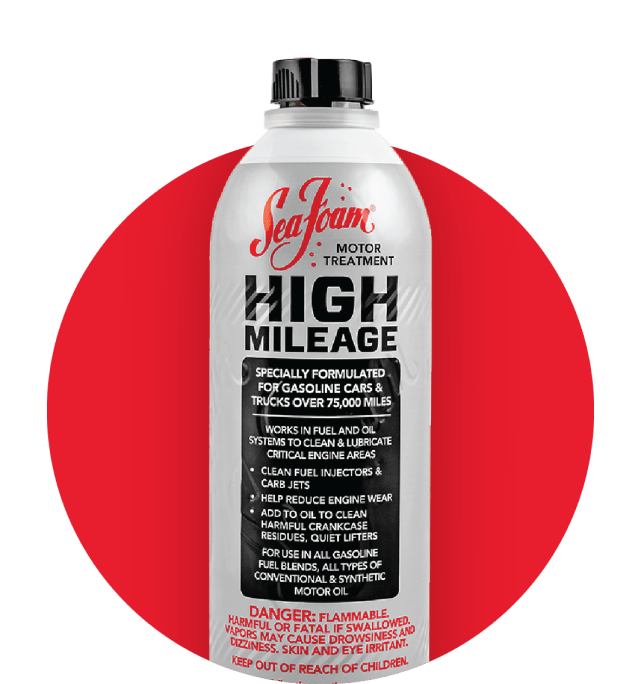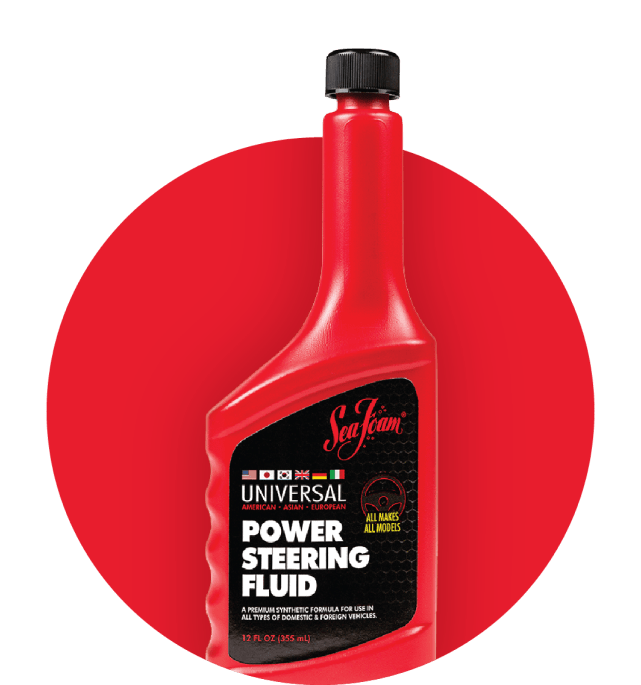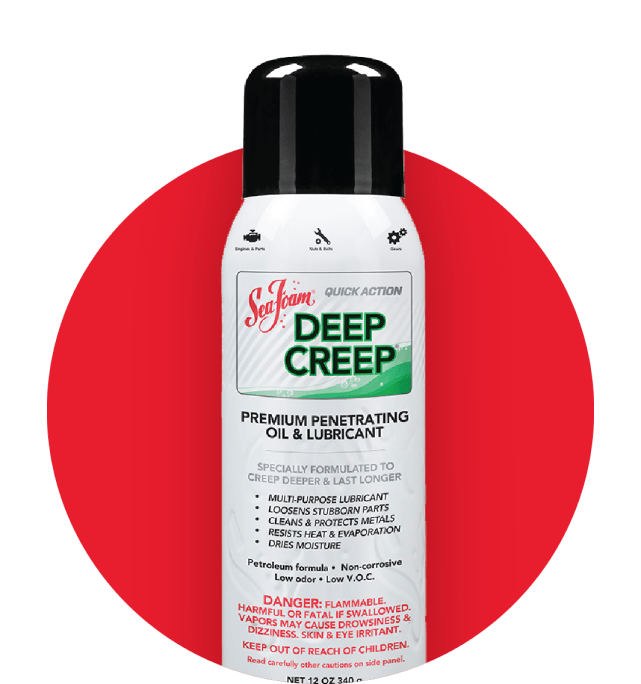WHY FUEL INJECTORS FAIL AND HOW TO PREVENT IT
Whereas older vehicles — as well as many modern small engines — relied on carburetors to deliver the right mixture of air and fuel, modern vehicle all rely on electronically controlled fuel injectors.
HOW TO PREVENT FUEL INJECTOR FAILURE
Fuel injectors can develop other problems that require service, such as cracked seals that cause fuel leaks. But the vast majority of malfunctions can be prevented just by keeping injectors clean. If you suspect an injector problem, try adding Sea Foam Motor Treatment to your fuel system — 2 ounces or more per gallon of gas. Once clean, you can stick with an ounce per gallon to keep injectors clean.
HOW FUEL INJECTORS WORK
There are different types: multi-port fuel injection, in which injectors deliver fuel to each cylinder through the intake, or gasoline direct injection, in which injectors spray directly into the combustion chambers. But the job of each fuel injector is the same: to deliver a measured amount of fuel to the cylinders in a precise spray pattern, at specific intervals. This is a precise operation controlled by an array of sensors and it all needs to work just right to ensure proper, balanced engine operation.
Like all engine components, fuel injectors can develop problems over time. Those problems are almost always related to clogging — from deposits left behind by evaporated fuel and carbon from the combustion process. Regular use of fuel treatment, such as Sea Foam Motor Treatment, can help prevent this buildup.
But how do you know if fouled injectors are your problem? Here are some of the most common symptoms:
How SEA FOAM helps
KEEP INJECTORS CLEAN
#seafoamworks
related
products
For motors of all shapes and sizes.



